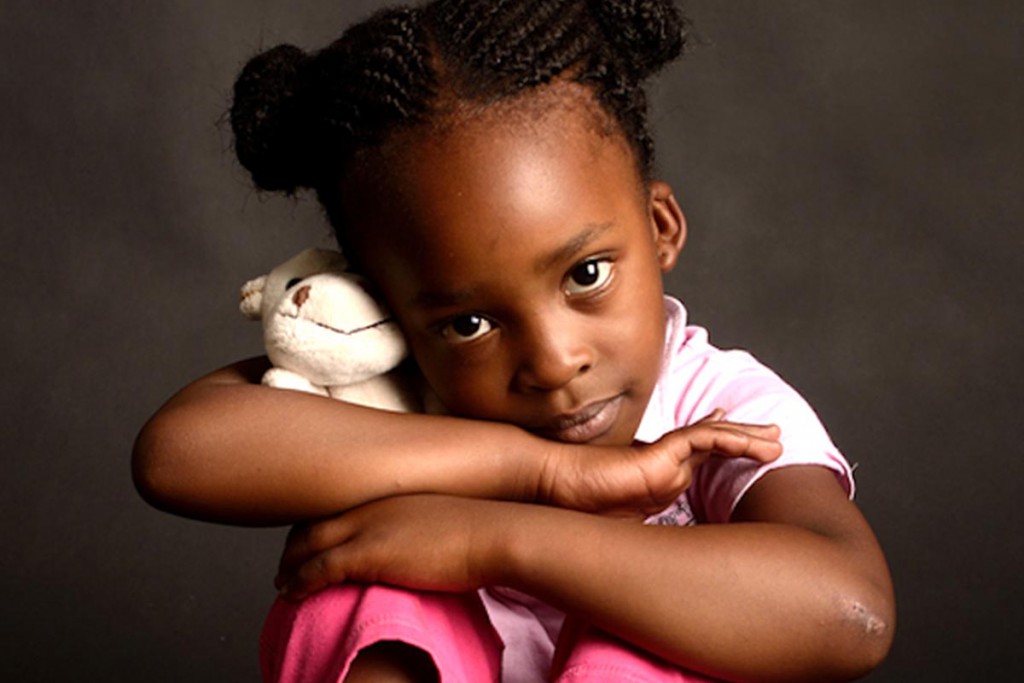
Stop sexual abuse of children
Many a woman in the Southern African Development Community (SADC) continue to suffer from traumas of sexual abuse she went through when she was but a child.
Sexual abuse of children in Southern Africa is on the increase especially among the rural populace. The perpetrators usually have all manner of senseless reasons for their actions. For example, the main causes of sexual abuses in Zambia include the myth that children are HIV free and therefore sex with a child can cure HIV and AIDS. There are some who believe that sex with children can bring success to a business. Other causes include failure by caregivers or guardians to acknowledge and recognise the rights of children and treat them as equal partners. The situation is getting worse every day as cases of violence against children are reported on a daily basis. Even more cases go unreported.
In Zambia, many girls fall victim to a gruesome form of sexual abuse known as “kunjilila” whereby a male sneaks into the hut or a dwelling of a girl and have sex. This is done without the consent or prior arrangements with the girl. This practice is prevalent in rural areas, and most common amongst adolescent girls who sleep in separate huts.
For instance, in Chikankanta District in the Southern Province in Zambia, a woman code-named ‘Barbara’, at age 23 still remembers a nightmare of her life when she was forced to have sex with an unknown man who jumped into her hut. The fateful night was when she was in grade nine (9). She thinks life is not worth living especially when one is sexually abused in her sleep. She survived the sexually transmitted diseases but did not survive the trauma that haunted her 10 years after the event. About 50 percent of the youth (both boys and girls) in the area, have their first sexual encounter through kunjilila. The boys said for them, it proved manhood and that it is part of their lives.
This is a subject of human rights awareness and sexual abuse and the need for parents understanding of children’s rights. This form of sexual abuse has devastating effects on individuals. The victims suffer psychological damage which in turn affects behaviour and attitude. It determines the way they socialise with teachers and peers in school and other community members they interact with.
Inevitably the academic performance of these children is affected. Girls may face early pregnancy and/or be forced to accept early marriage to avoid disgracing their families. This has led to the disintegration and malfunctioning of the family, hence, socialisation of people is now ineffective. This also impacts on ones’ dignity and justice, which are the basis of human rights tenets.
The effects associated with sexually abusive practices like kunjilila can be just as devastating whether there was only one occurrence or there were repeated ones. As such, as attested by victims of such violence, this form of sexual abuse cannot be compared, because each abuse experience is unique.
Increased levels of kunjilila impact negatively on all the three spheres of society – individual, the community, and the national.
Nevertheless, the family, the broader community, and the law enforcement agencies are often complicit in attempting to hide the abuse. Effective protection mechanisms targeted at abuse against girls in the family are virtually non-existent.
The eradication of sexual abuse in Southern Africa’s rural areas begins with a change in people’s consciousness of their rights and what constitutes an abuse. Panos Institute Southern Africa (PSAf) believes that through local radio stations’ live coverage and recorded broadcast of news and programmes from such community sensitisations, policy dialogue would be stimulated on effective child protection policy implementation, targeting specifically domestication on interventional instruments, and resource allocation to child protection programmes at national level.
Urgency by government, non-governmental organisations and individuals is needed to put a stop to this degrading human behaviour towards children, especially girls.